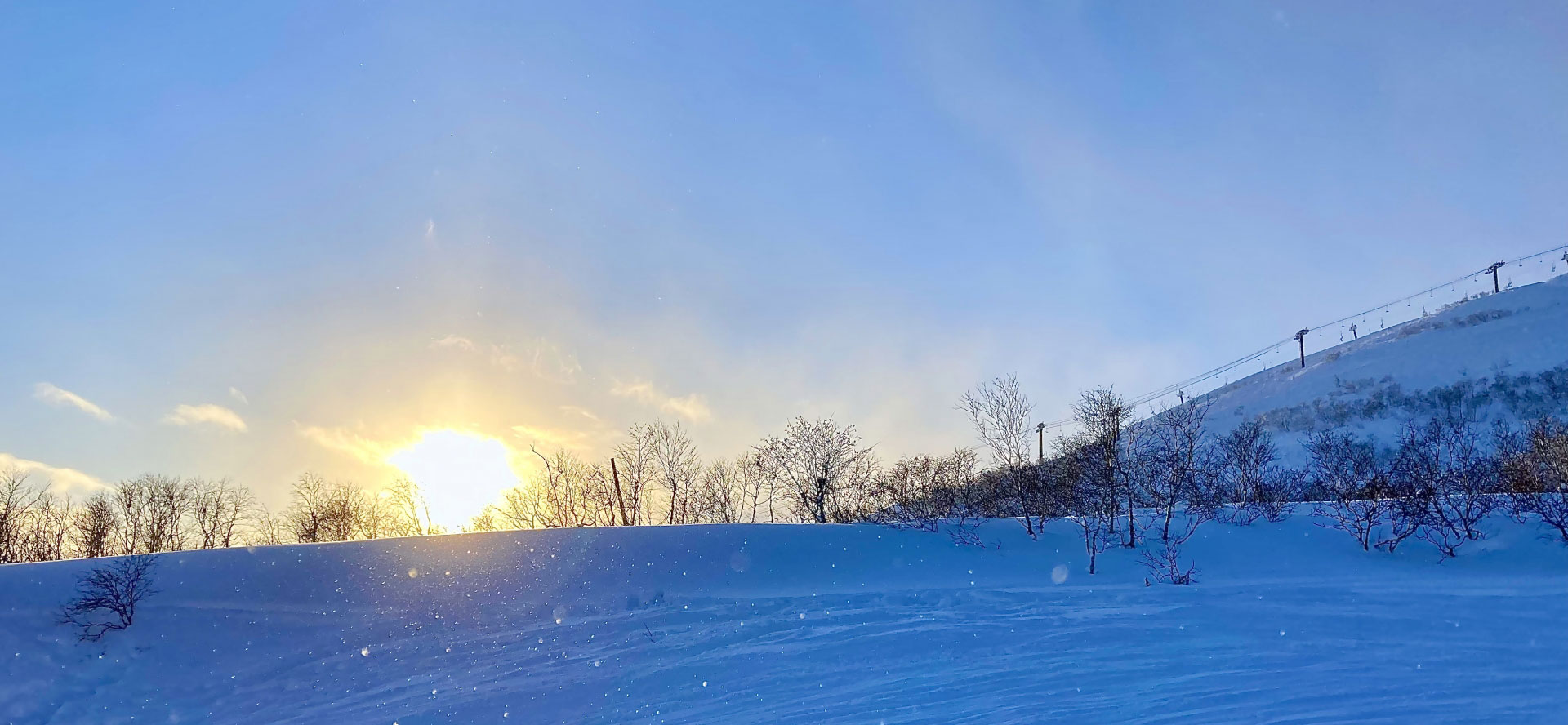I’m Takashi Akeyama, a representative of the Niseko VISA & Immigration Support Centre. As the only administrative office in Hokkaido specializing in VISA & Immigration and Tourism, we help foreigners living in Hokkaido, mainly in Niseko, Otaru and Sapporo areas, to apply or extend VISA, to change the status, such as working visas and spouse visas etc..
In this article, I will explain how foreigners can stay in Japan for up to one year without working or studying.
Which visa should you apply?
Foreigners who do not work or attend school and who wish to stay in Japan for up to one year need a ‘Designated Activities No. 40 – Long-term Residents for the Purpose for sightseeing, recreation, etc. visa.
What is a ‘Designated Activities No. 40 visa?
The activity is to stay in Japan for up to one year and engage in sightseeing or recreation. The purpose of this visa is not to engage in remunerative work or study at a school in Japan. It is prohibited to engage in remunerative work. Part-time work is also not allowed.
Who can apply for the 40th Designated Activities Permit?
①The age?
People aged 18 and over can apply. Minor children cannot apply for this visa, even if they are travelling or entering the country with their parents.
②What nationalities can apply?
Citizens of the following 68 countries who do not need to obtain a visa for a short stay of up to 90 days can apply for this visa.
Republic of Iceland, Ireland, United States of America, United Arab Emirates, Argentine Republic, Principality of Andorra, State of Israel, Republic of Italy, Republic of Indonesia, Oriental Republic of Uruguay, Republic of Estonia, Republic of El Salvador, Commonwealth of Australia, Republic of Austria, Kingdom of the Netherlands, Canada, Republic of North Macedonia, Republic of Cyprus, Republic of Greece, Republic of Guatemala, United Kingdom of Great Britain and Northern Ireland, Republic of Croatia, Republic of Costa Rica, Republic of San Marino, Republic of Singapore, Swiss Confederation, Kingdom of Sou 17 – Sweden, Spain, Republic of Suriname, Slovak Republic, Republic of Slovenia, Republic of Serbia, Kingdom of Thailand, Republic of Korea, Czech Republic, Republic of Tunisia, Republic of Chile, Kingdom of Denmark, Federal Republic of Germany, Dominican Republic, Republic of Turkey, New Zealand, Kingdom of Norway, Bahamas, Barbados, Hungary, Republic of Finland, Republic of France, Republic of Bulgaria, Brunei Darussalam, Kingdom of Belgium, Republic of Poland, Portuguese Republic, Republic of Honduras, Republic of Malta, Malaysia, United Mexican States, Republic of Mauritius, Principality of Monaco, Republic of Latvia, Republic of Lithuania, Principality of Liechtenstein, Romania, Grand Duchy of Luxembourg, Kingdom of Lesotho, Taiwan, Hong Kong, Macau
③What are the other conditions?
The applicant must have at least 30 million Japanese yen in savings at the time of application. For a single applicant, the minimum is 30 million Japanese yen, but if the spouse accompanying the applicant is to carry out activities in Japan on the same itinerary, the combined total for the couple should be 30 million Japanese yen or more.
You must also have insurance against death, injury or illness during your stay in Japan. This can be done by purchasing so-called overseas travel insurance, which covers you for the duration of your stay. Alternatively, it can be general medical insurance or accident insurance, which is also valid in Japan.
④Can you bring family members?
The applicant’s spouse can accompany with the applicant. In this case, the spouse is required to obtain a “Spouse of Long-term Residents for the Purpose for sightseeing, recreation, etc ” visa, Designated Activities No. 41. As mentioned in ①, the applicant’s minor children cannot accompany the applicant, as this visa is intended for persons aged 18 and over.
Documents required for application.
The documents required to apply for this visa are as follows.
①Application form for a certificate of eligibility: this can be downloaded from the Immigration office’s website.
② Photograph (4 cm long and 3 cm wide, taken within the last three months). For other detailed regulations, please check Immigration office’s website.
③Return envelope (with a 404 yen stamp affixed and addressed to the applicant).
④Schedule of activities during the applicant’s stay in Japan: itinerary, schedule of activities, etc. during the applicant’s stay in Japan.
⑤ The current balance in a savings account in the applicant’s (or spouse’s) name, showing the deposits and withdrawals for the six months back to the date of application. This should be submitted in the form of a bank book or online banking history of incoming and outgoing payments for the six-month period. You will be checked for any suspicious transfers of funds, such as raising dubious money from somewhere else to increase your balance in order to meet visa application requirements.
⑥ A copy of the certificate of subscription and policy conditions of private medical insurance. This is to provide proof that you have insurance that covers you in the event of death, injury or illness during your stay in Japan.
If the applicant is accompanied by a spouse, official documents proving the relationship between the applicant and spouse, such as
⑦Document proving the relationship between the applicant and spouse (e.g. marriage certificate). An official marriage certificate or other document issued by the country of origin is to be submitted. If the applicant wishes to return the document, this must be requested at the time of application.
The above are the documents specified. The Immigration and Immigration Management Agency’s website states that “Please be aware that during the course of the examination, you may be asked to provide documents not listed on this page.” This means that after the application has been submitted, you may be asked to submit additional documents that the examiner deems necessary. It is advisable to check your mail frequently to see if you receive any requests for additional documents until you receive the result.
Summary
The following is an explanation of the ‘Designated Activities No. 40/41’ visa, which allows a person to stay in Japan for one year without working or studying. As there is a prerequisite that you do not work, you must have a savings account of at least 30 million yen to cover living and living expenses for one year. The key point when applying is to prepare and submit proper proof of the required 30 million yen in savings, so that there is no doubt about the source of the money or the asset formation process. Other than that, the requirements are to have travel insurance and to prepare an itinerary proving the activities during the stay, so it can be said that there is not much to explain or prove compared to other visas.
We, the Niseko VISA & Immigration Support Centre help and support foreign nationals who are trying to overcome language, cultural and custom barriers and live as a member of Japanese society. If you have any questions or enquiries about this article, or applying the ‘Designated Activities No. 40/41’ visa, please feel free to contact us by phone or via the ‘Free Consultation Form’ on our website.




